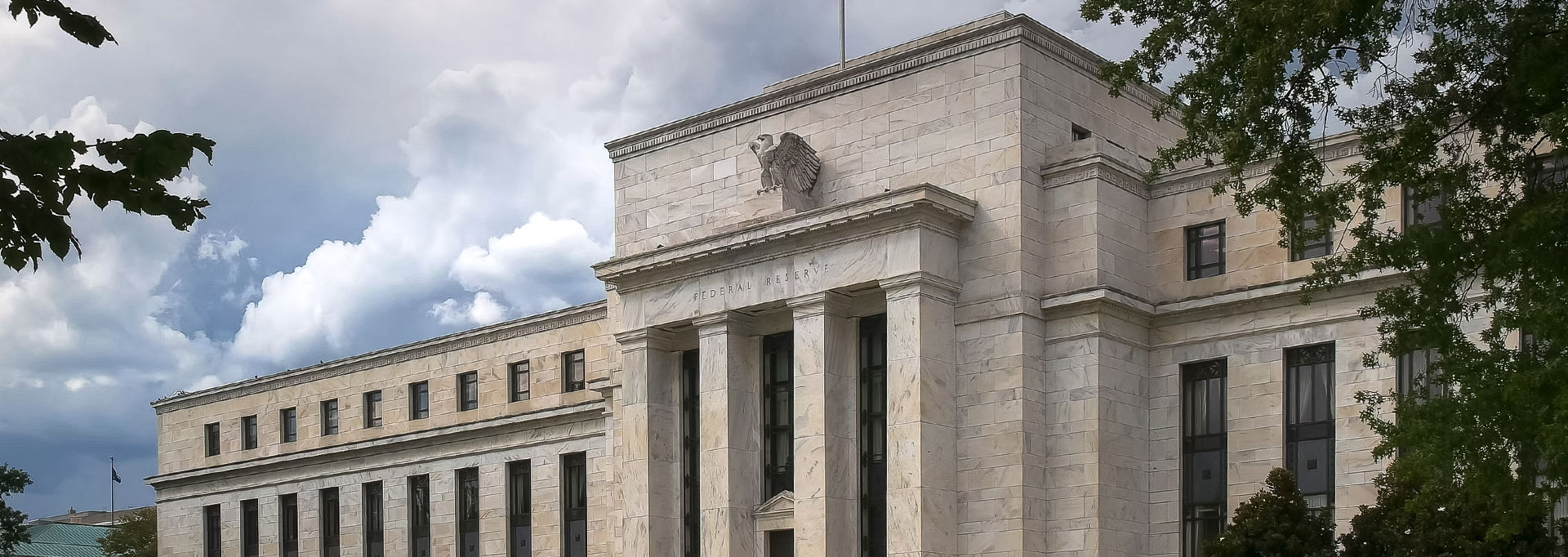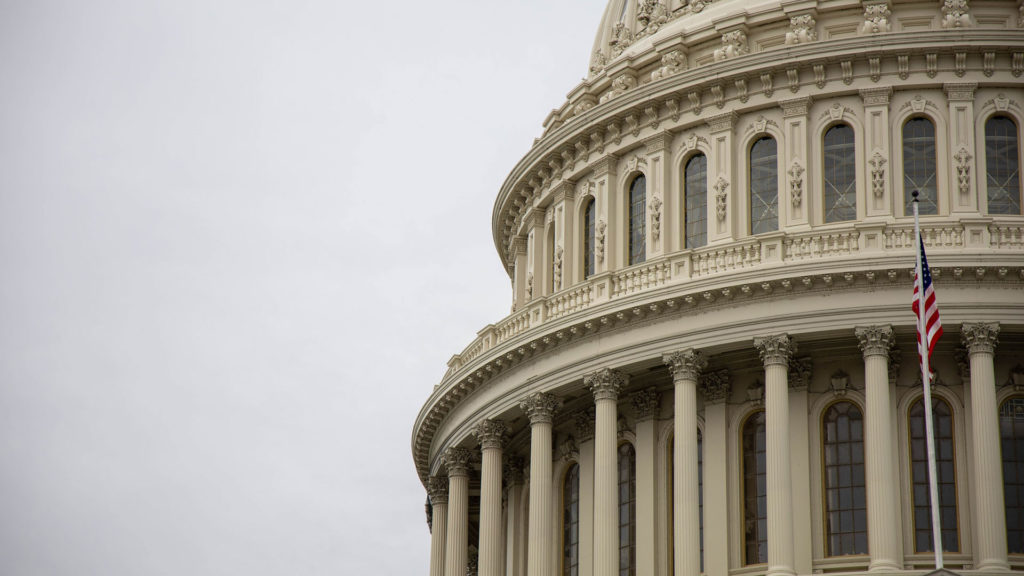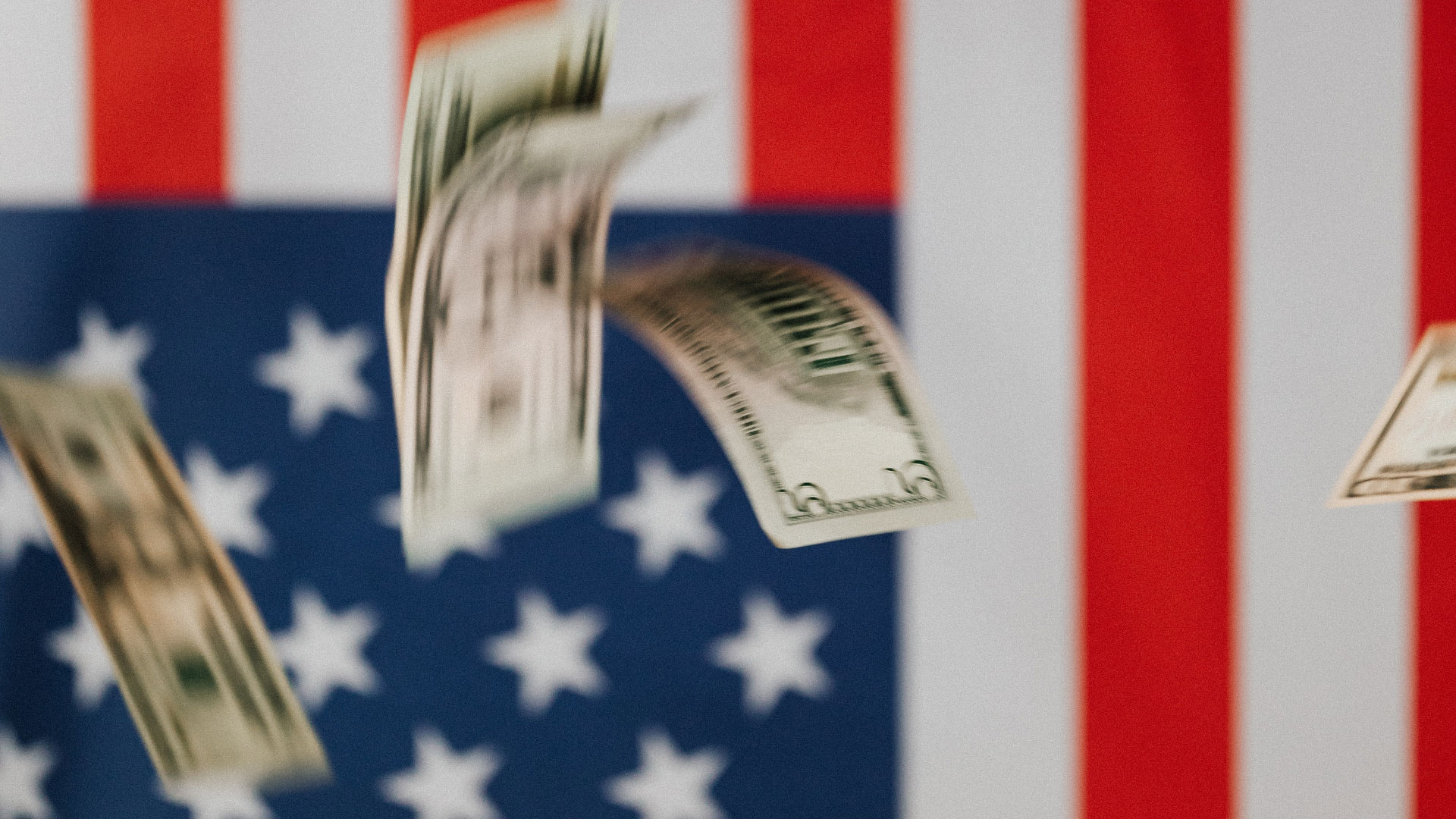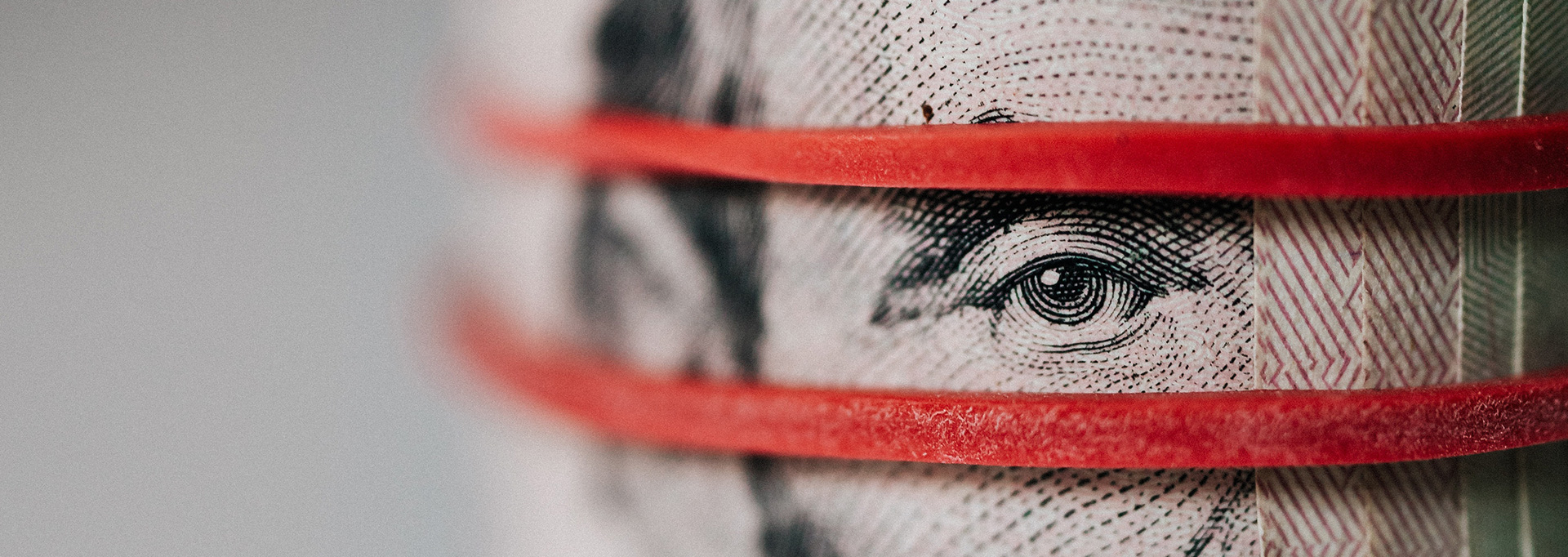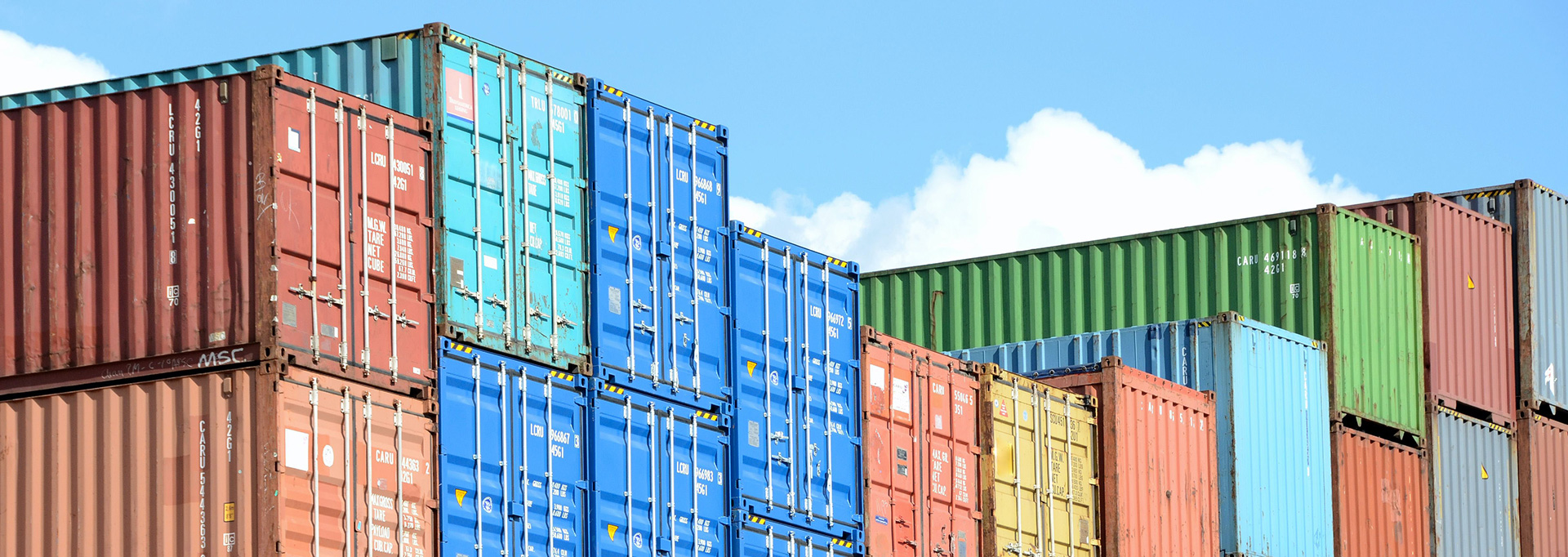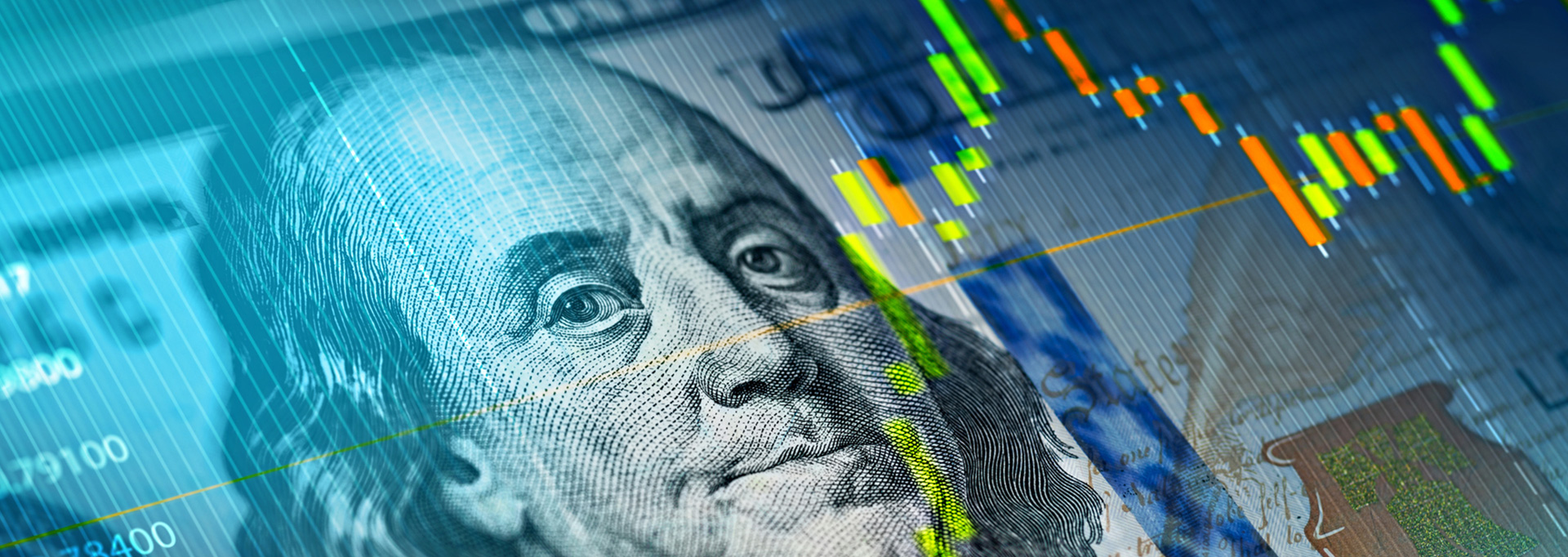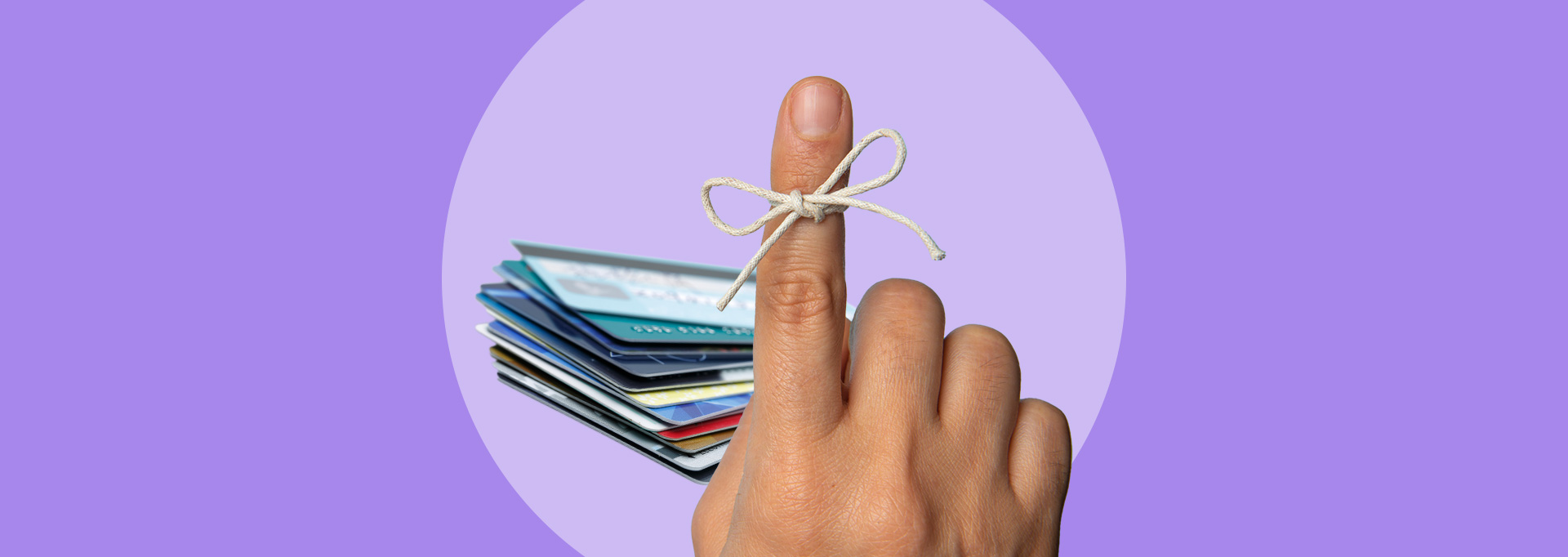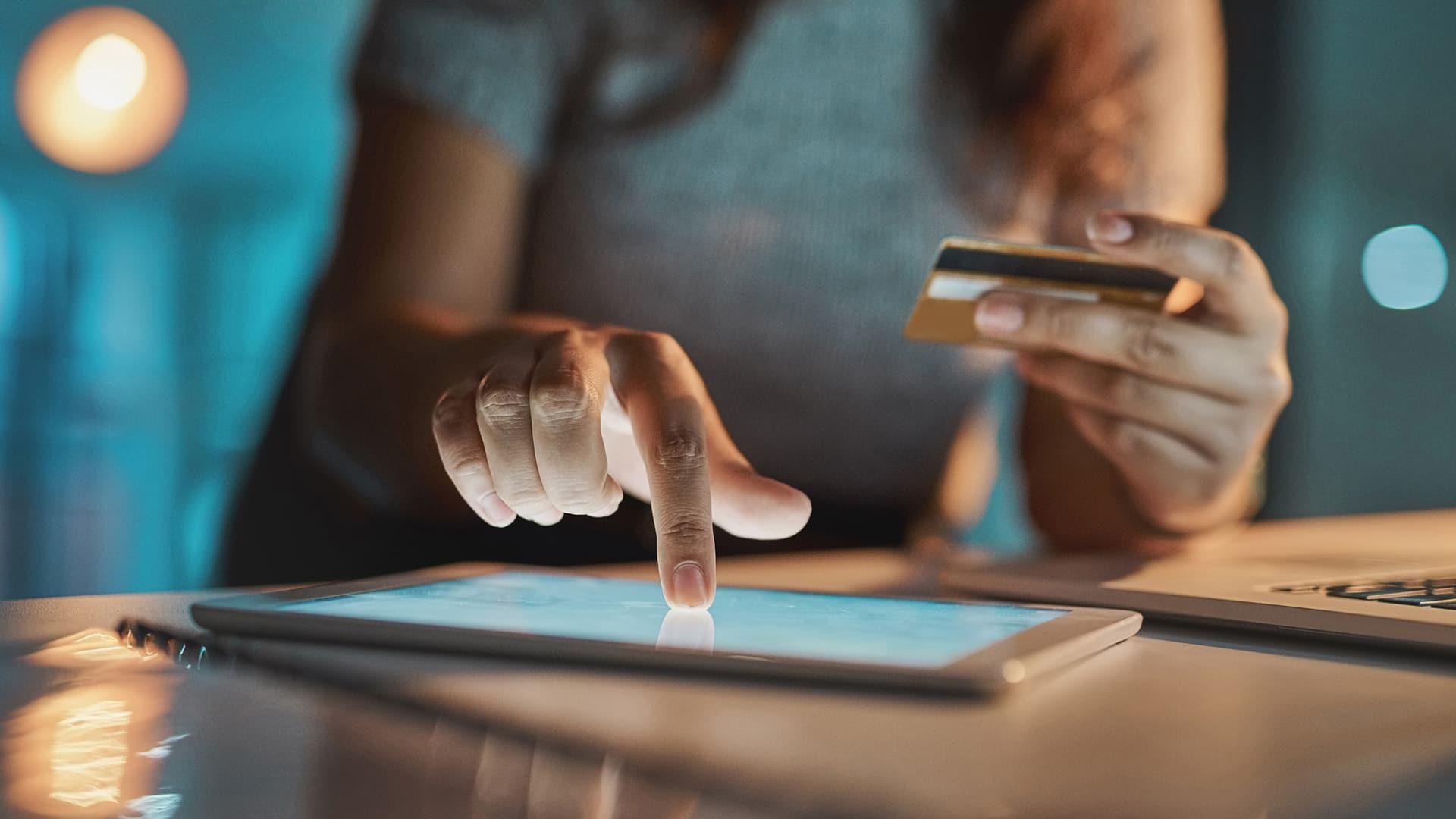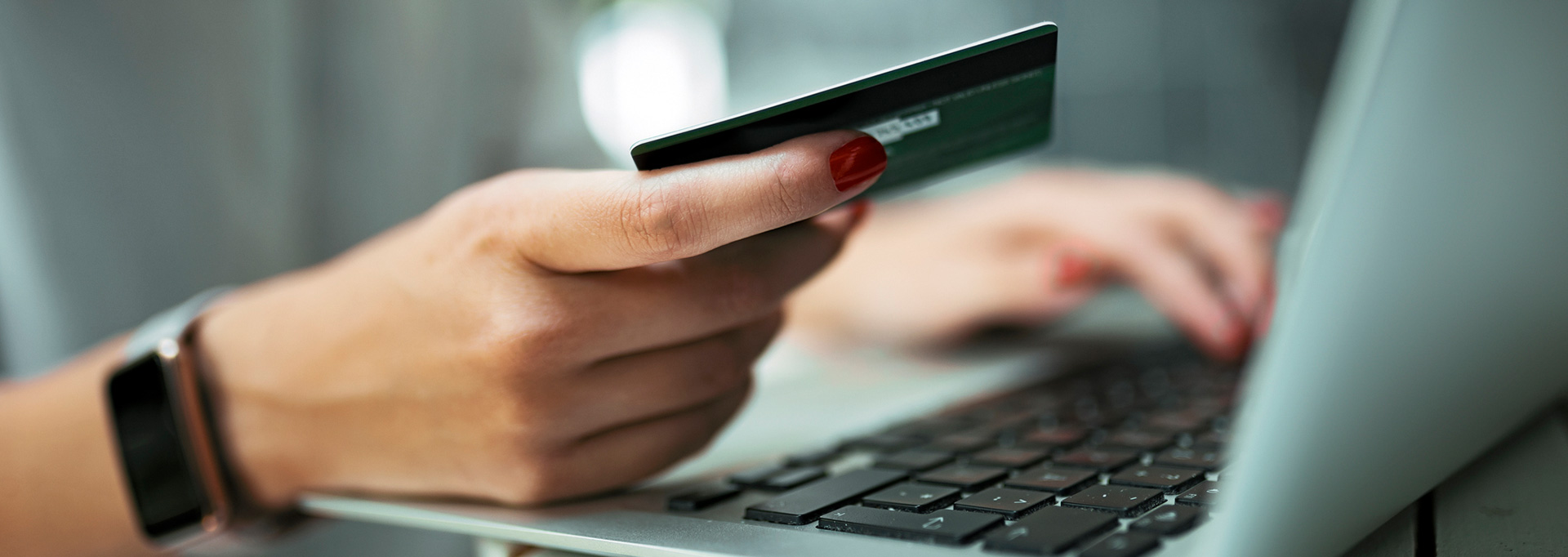Most products on this page are from partners who may compensate us. This may influence which products we write about and where and how they appear on the page. However, opinions expressed here are the author's alone, not those of any bank, credit card issuer, airline or hotel chain.
With renewed inflation, the era of low-interest credit cards may be coming to a close.
Nearly everyone’s credit card interest rates went up in March, and the Prime Rate increased again in May. Then, on June 15th, The Federal Reserve Bank (commonly called the Fed) hiked rates by another 0.75 percentage points – the biggest jump in 28 years.
While the Feds aim to combat rising inflation and stave off a recession, the hefty rate increase will almost assuredly increase pressure on anyone borrowing money in the coming months. What's more, several additional hikes are still on the horizon, making it vital for Americans to start preparing for increased rates.
Why Credit Card Rates Are Going Up Again So Soon
In recent years, we’ve all gotten used to having low-interest rates on our savings accounts, but the positive side of this “coin” is that we were also enjoying relatively low-interest rates on debts, such as our credit card balances. Lower interest rates, in general, make it less expensive to “borrow” money.
Higher interest rates, in general, make it more expensive to carry credit card balances. For this most recent June increase, the Fed also raised rates by a whopping 0.75 percentage points. For comparison, the Prime Rate increased by 0.5 percentage points in May, and the March 2022 increase was only a quarter-point.
With inflation costs continuing to rise, this latest Fed interest rate hike in June is another effort to control inflation. Since the most recent increase was the largest change in the rate in over 20 years, it’s even more important to make sure you get the absolute best rate (lowest interest) on your credit cards now.
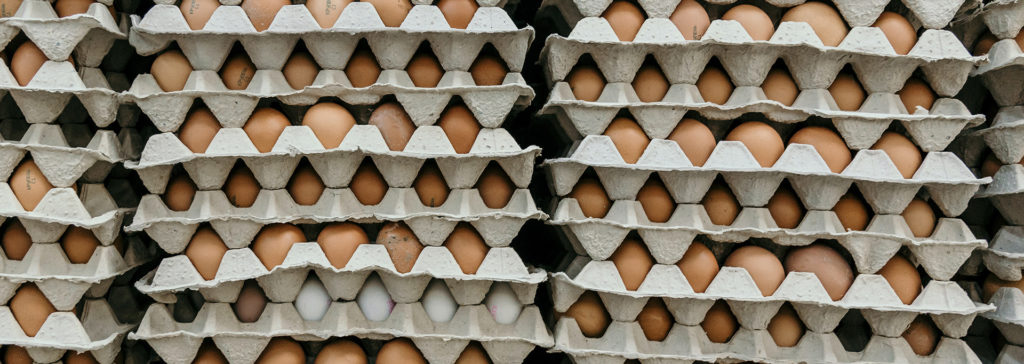 Related Article
Related Article
8 Things that Are the Most Affected by Inflation
How Does a Prime Rate Increase Affect Credit Cards?
The vast majority of credit cards offered in the United States have a variable interest rate. These rates are tied to the Prime Rate, which correlates directly with the Federal Funds Rate (the one that the Fed rate hike just increased again in June).
Every time the Fed raises this rate, typically to try to control inflation, almost every credit card in the U.S. will raise its rates shortly afterward. Conversely, we all get a break when the Fed lowers that rate, usually to stimulate growth.
What Does a Rate Increase Means for Credit Card Users?
About half of all American credit card users carry a balance, while the rest avoid interest charges by paying their statement balances in full each month.
Clearly, those who carry a balance are the ones that will be affected by the current and upcoming interest rate hikes. If you are in this category, here are several things that you can do about it.
Pay Off Your Credit Card Balances
This may sound obvious, but it’s true nonetheless. Although your credit card interest payments might have been tolerable in the past, these interest rate hikes should motivate you to finally retire your credit card balances once and for all.
Get a Balance Transfer Credit Card
One way to pay off your credit card balances is to open a new card account with a 0% APR balance transfer offer. The best way to use these cards is to pay off enough each month so that you retire your debt before the promotional financing period expires and the standard rate applies.
Currently, there are several balance transfer credit cards available with 0% intro APR offers that last for more than 12 months. And although these cards rarely have an annual fee, they usually include a balance transfer fee.
Get a Low Rate Credit Card
If you know you’ll need to use a credit card for short-term financing, you might consider searching out the credit card with the lowest standard rate you can find.
These low-rate credit cards won’t offer you any rewards, and they will have few benefits. But if you're most interested in accessing the lowest interest rates possible, this trade-off could be worth it.
You can often find low-rate cards by checking credit unions in your area. On the national level, you can find a low rate card from PenFed, which is the Pentagon Federal Credit Union. Anyone can join PenFed, with no military service required.
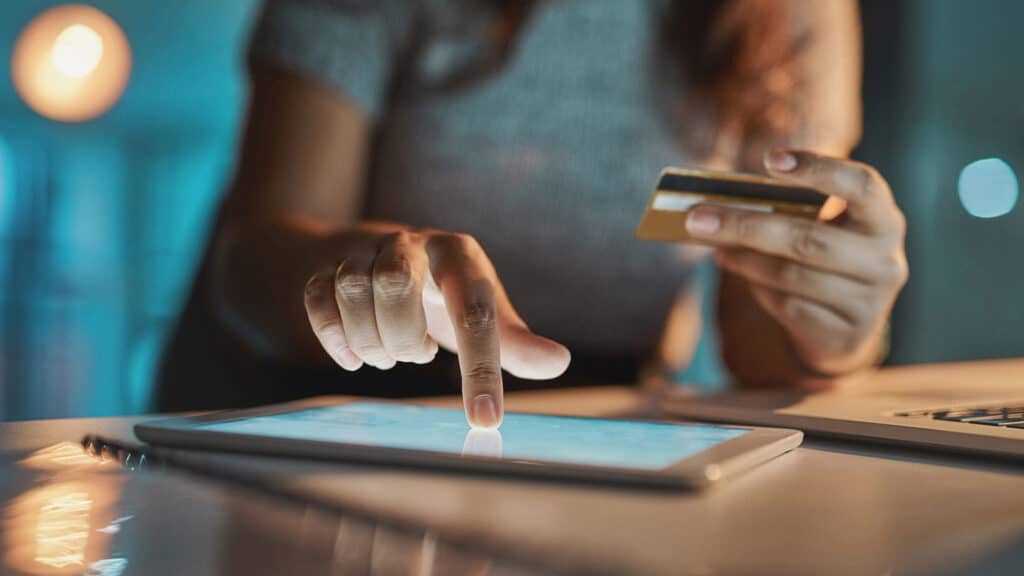
5 Mistakes To Avoid Doing When Interest Rates Go Up
Tips for Reducing Your Interest Payments
If rising interest rates are worrying you, and you’re unable to pay off your debt, then there are several ways to minimize your interest payments.
1. Pay Early: Credit cards charge interest on your account’s average daily balance. So by making your monthly payments as early as possible, you can save money on interest charges. In fact, paying just a few days early is an easy way to make up for the recent interest rate hikes.
2. Pay Often: There’s no reason to make just a single monthly payment to your credit card account. In fact, you can make as many payments as you’d like, as long as they add up to at least the minimum amount, before the payment due date. For example, you could make a payment each time you receive your paycheck, each week or every other week. As is the case with the previous tip, this helps to keep your account's average daily balance lower, which can help you reduce interest charges.
3. Keep a Clean Card: This strategy has you putting new charges on a card that you pay off every month, and avoid interest. If you do this while you pay off your existing debts, then you will incur fewer interest charges.
4. Use Other Methods of Payment: One of the problems with credit card debt is that you continue to add to your average daily balance with each trip to the grocery store and each stop at the gas station. If you just can’t seem to get a handle on your credit card debt, then try using debit cards, cash or checks more often so that you’re not just treading water as you try to pay off your debt.
Unless you happen to be on the Board of Governors of the Federal Reserve Bank, then you can’t control the Fed interest rate hikes. But you can control the steps you take to reduce your interest payments in light of this and future rate increases. By taking steps to pay off your debt, or at least reduce your interest payments, you can take some of the sting out of these measures that are meant to control inflation.
Other Things the Recent Fed Rate Hike Will Affect
The rise in credit card interest rates is just one of the many implications of the 2022 Fed rate hikes. You should also expect to see the rates rise for other types of loans including car loans and home mortgages.
If you already have one of these loans with a fixed interest rate, then there’s nothing to worry about. But if you have a loan with a variable rate, or you’re shopping for a new loan, then, unfortunately, you should expect to be charged an interest rate that’s nearly twice what was available just a few months ago. However, you can also expect the interest rates that you can earn from your checking or savings accounts to creep upwards as well.






